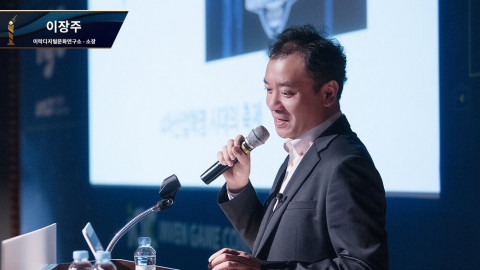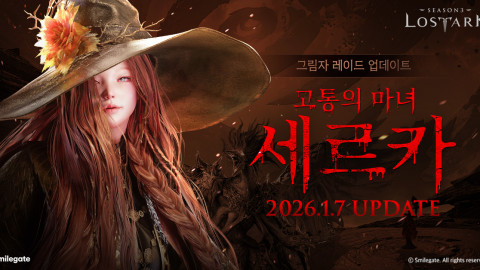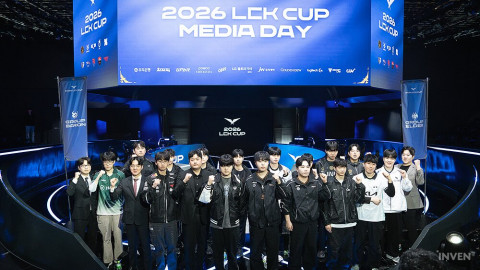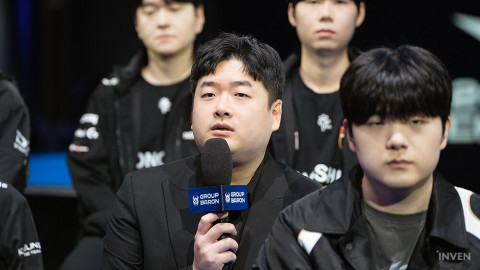
We've all seen the statistics by now. Over 40% of gamers identify as female. Women are playing games, whether it's on mobile or PC. And — unlike traditional sports — women and men are equal when it comes to competitive gaming. So why are there so few women in esports?
Recently, VALORANT announced the Game Changers tournament, which would be exclusively for female VALORANT players. I immediately recoiled at the thought. I didn't like it and I tried to explore why that is. Well, while it's great for women to feel safe and not harassed while gaming, Game Changers did nothing to make esports more inclusive. It did nothing to get men used to competing against female gamers regularly.
But some might argue that women need these kinds of tournaments because female gamers have fewer opportunities to compete. How can they ever be on the same level as male pros when they aren't given the same support and access to this industry?
The answer is that sexism in esports starts much earlier than in the professional scene. It starts in high school. Women are told they don't belong in competitive gaming from a very young age.
Associated Press reveals that less than 10% of esports scholarships go to women
AP recently did a study revealing that male gamers held over 90% of roster spots and received about 89% of scholarship funds. And this is sort of like one of those weird clickbait studies you see on Facebook and think, "They paid people to find this out?" Because I don't think anyone reading this is surprised at all.
It seems like collegiate esports are mirroring professional esports in having no female representation. And this is unfortunate since this is the time to encourage female gamers to participate. This is when girls would be given the opportunity to practice and compete just like the boys, giving them the same experiences and eliminating the need for all-female tournaments in the pro scene.
Said Neena Chaudry, general counsel and senior advisor at the National Women’s Law Center: "If schools are going to be adding esports [...] then they need to address barriers such as harassment and other forms of discrimination that women may be facing in esports. Just as they would in any other sport or in the education program in general.”

The study noted that college esports coaches should also start giving "higher priority" to attributes other than a player's current ratings. This includes communication, teamwork, and other important factors needed to succeed on an esports team. Introduce a larger variety of games, like Overwatch and fighting games. It's basically more about creating an inviting, supportive environment where women will feel comfortable.
It's not that women don't want to win — trust me, we are just as competitive — but in a group that's so male-dominated, women can feel a lot more pressure to perform and to prove themselves. They can feel like they are being constantly judged and that their presence is unwanted.
Giona Mack told AP: “I got more nervous when it came to males because I found them more competitive. That was my online experience of games. I thought if I went into an esports team and it was mostly male-dominated, I would just feel overwhelmingly nervous, and the way I performed would reflect that."
Making high school and college esports more approachable for women — and encouraging them to take part in some way (even if it's not competing) — is the key to making the professional industry more inclusive. This would even the playing field and allow a lot more women to showcase their skills without having barriers to climb and so many setbacks that make it difficult to keep up with male competitors.
Colleges need to truly believe that women are just as capable of competitive gaming.
-

Esports writer and editor with a passion for creating unique content for the gaming community.
Sort by:
Comments :0





